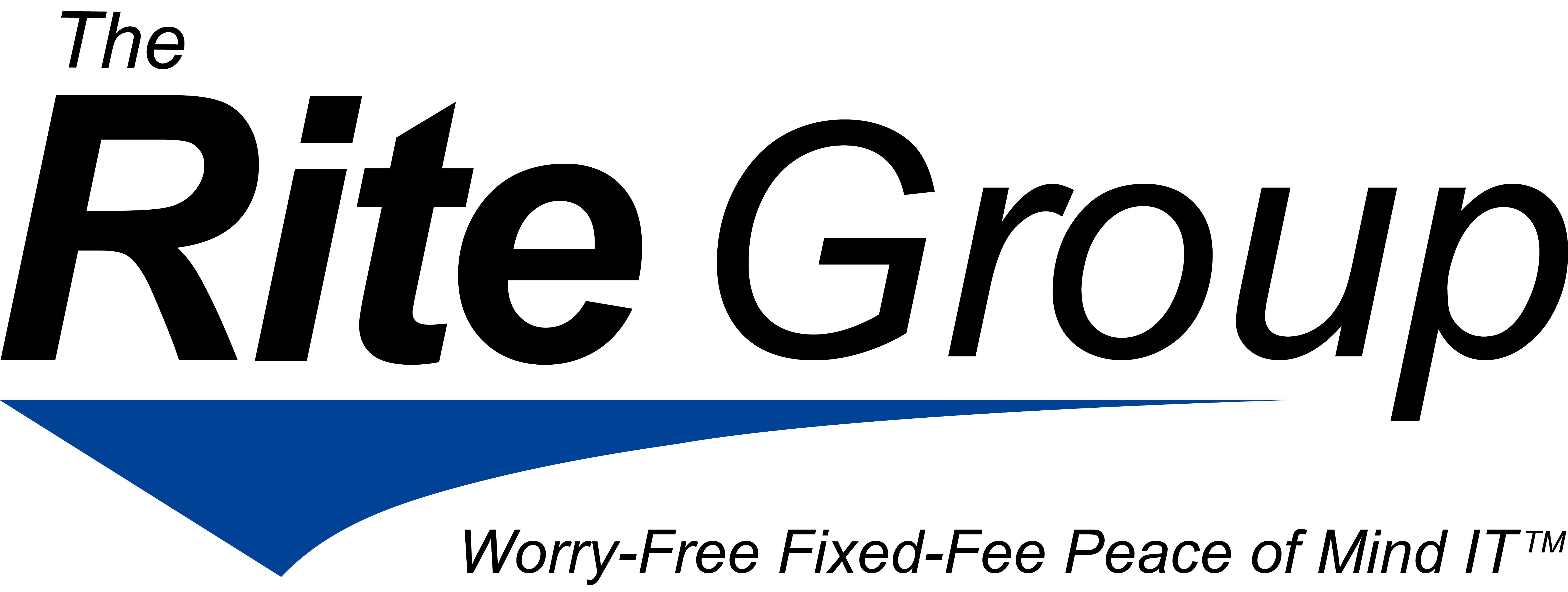October 20, 2025
In 2020, a Mississippi family experienced a chilling intrusion when their eight-year-old daughter heard a strange man's voice coming from her bedroom. The voice wasn't her father's—it was a hacker who had breached their Ring camera, speaking to her through the device, taunting her and playing music until her parents rushed in to unplug it. Ring later confirmed the breach happened because the family reused an old, compromised password.
While stories like this are alarming, they are far from unique. Smart cameras and connected devices have surged in popularity for both homes and small businesses. These devices provide an affordable way to enhance security—whether monitoring the front door, overseeing inventory, or checking in after hours. However, without proper security measures, these conveniences can open the door to significant vulnerabilities.
Not all security cameras offer the same level of protection. Some affordable models neglect critical safeguards like encryption and regular software updates. Even established brands can be at risk if users don't change default settings. Hackers typically exploit weaknesses such as default passwords, outdated firmware, or unsecured WiFi networks. In fact, some attackers have hijacked cameras to access video feeds or infiltrate broader network systems.
When choosing a new camera or evaluating your current devices, prioritize reputable brands that deliver frequent security updates. Ensure your device encrypts footage before it's stored in the cloud and supports two-factor authentication for login security. Whenever possible, opt for cameras that allow local storage alongside cloud backups to maximize safety.
Equally important is how you configure these devices. Immediately replace default usernames and passwords, and keep firmware and software updated to patch known vulnerabilities promptly. Enabling automatic updates is the safest strategy. Additionally, segment your network so smart devices operate separately from your main business systems. This isolation ensures that if one device is compromised, unauthorized access to sensitive data is minimized. Don't overlook securing your router—it should be configured with the strongest security protocols to prevent external breaches.
Beyond cameras, other connected devices like doorbells, thermostats, and voice assistants also require attention. When improperly secured, they can serve as backdoors into your business network. For small businesses, this vulnerability could risk exposure of confidential client data, financial information, and other critical assets. As you add more smart devices, managing their security becomes increasingly crucial.
Smart devices can significantly improve convenience and safety, but only when set up with security at the forefront. Taking a few proactive steps now can stop your connected gadgets from becoming easy targets for hackers.
Want to ensure your business devices are fully protected? Don't leave your security to chance. Click here or call us at (573) 334-4439 to schedule a complimentary No-Obligation Conversation today. We'll help you audit your system before vulnerabilities are exploited by cybercriminals.





